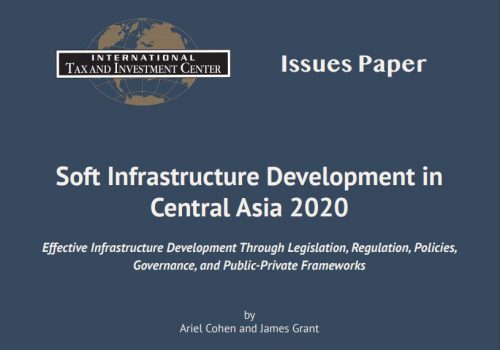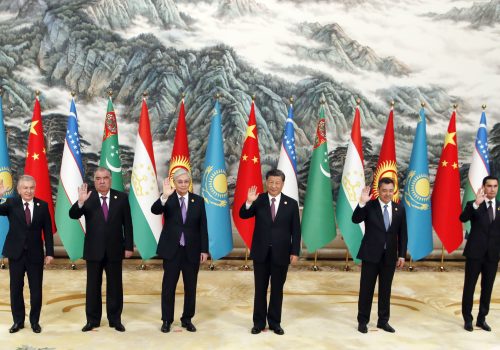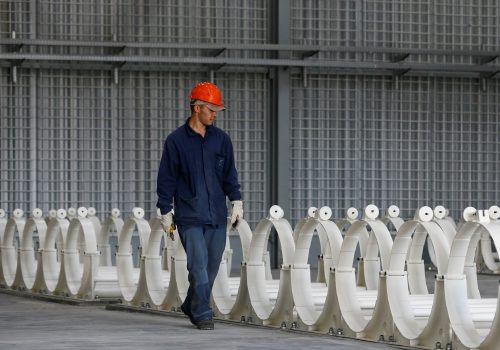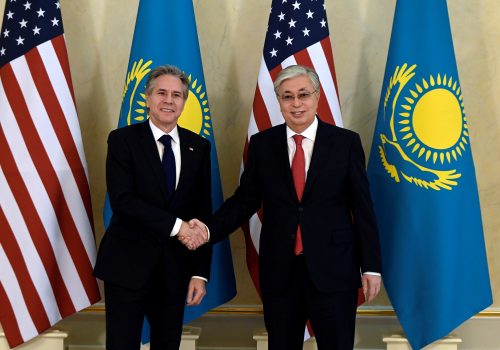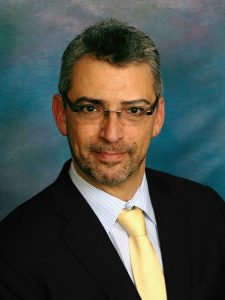The resource-rich and geographically strategic region of Central Asia is continuing to evolve. Once isolated and impoverished, the Central Asian republics have broken free from their Soviet legacies to pursue new economic development strategies. Growing populations, rising energy demand, rapid urbanization, and increasing productivity necessitate the build-out of “hard infrastructure”: transportation, telecommunications, and energy networks. Policymakers in Central Asia therefore need to prioritize the “soft infrastructure” policies, governance, taxes, laws and regulations, to support the construction of these critical projects.
The report, “Soft Infrastructure Development in Central Asia 2020: Effective Infrastructure Development Through Legislation, Regulation, Policies, Governance, and Public Private Frameworks” highlights regional investment opportunities and discusses how government can best support infrastructure growth in the region.
H.E. Erzhan Kazykhanov, Kazakh ambassador to the United States, presents the keynote. Following Ambassador Kazykhanov, author Dr. Ariel Cohen, senior fellow, Eurasia Center, Atlantic Council, discusses the report with Ms. Tara Blake, director, International Project Finance, Overseas Private Investment Corporation, Mr. Michael Delaney, senior trade adviser, Asia Bureau, US Agency for International Development, and Mr. Daniel Witt, president, International Tax and Investment Center. Amb. John Herbst, director, Eurasia Center, Atlantic Council, moderates the panel.
spotlight
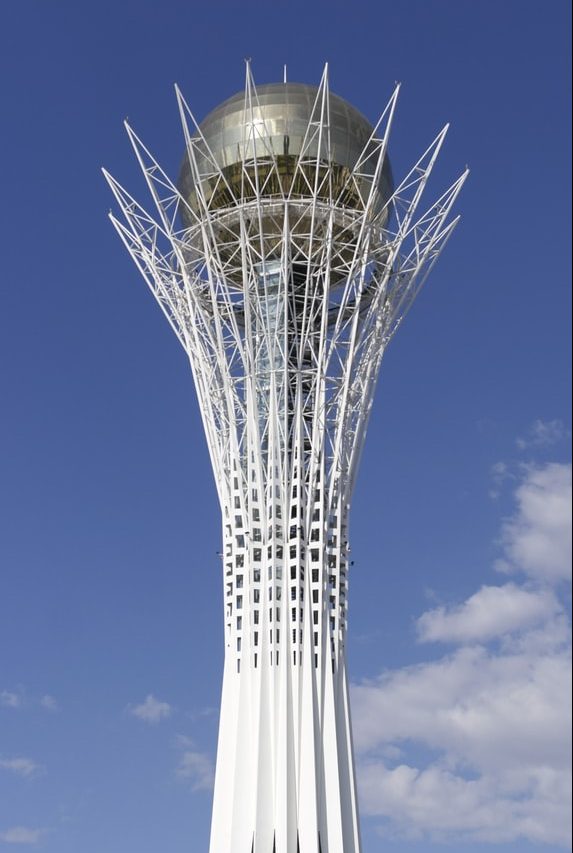
Between East and West
Central Asia
The Central Asian Republics—Kazakhstan, Kyrgyzstan, Uzbekistan, Tajikistan, and Turkmenistan—are located at the nexus of Russia, China, South Asia, and the Middle East. Leveraging their critical geography, these nations are renewing their role as the crossroads of trade between the West and Asia—resulting in significant economic development, especially in the sectors of energy and natural resources. While moves toward reform and democracy have been made since independence in 1991, corruption and human rights issues remain prevalent throughout the region.
RELATED experts
Co-hosted in partnership with
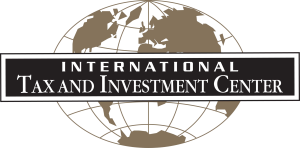

The Eurasia Center’s mission is to enhance transatlantic cooperation in promoting stability, democratic values and prosperity in Eurasia, from Eastern Europe and Turkey in the West to the Caucasus, Russia and Central Asia in the East.
